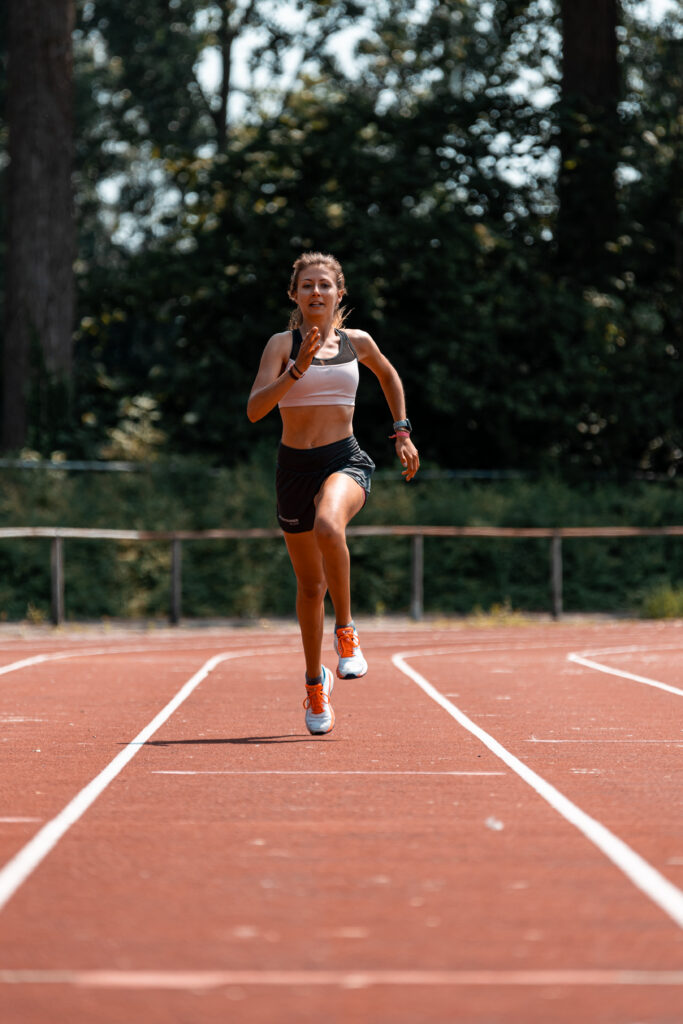The training method for guaranteed success!
When you are training for a race, you also chose (sometimes unconsciously) a training approach. Some of the most popular ones are ‘go hard or go home’, following the plan until the dot, ‘whenever I feel like it’, … to just name a few.
One I have come across this year, and which has been proven very successful for myself, is the compassionate approach.
Because of this approach I have been able to run faster, run further and also to run more frequently than with any other approach (and believe me, I think I have tested them all).
Let’s dive into it.
The benefits of this approach
“Compassion involves training the mind to develop specific skills in order to relate to others and to ourselves, and making a conscious effort to think and act in a compassionate manner.”
Most likely some old professor came up with this, but I do have to say that it contains some truth. Being compassionate for your body will get you more benefits than always pushing it to its limits.
Does this mean you cannot go hard? Hell no.

It means that when your body is giving you signals, that you have to listen to it. However, I know that in the body it isn’t that easy to know exactly what your body is telling you but let me give you some personal tips.
-
Track your mood
It can be as easy as writing down in a diary or just on a note in your agenda what training you did that day and how your day felt afterwards. Based on how you feel, you give yourself points.
| Feeling… | Points earned/ lost |
| Excellent | +3 |
| Good | +2 |
| Looking forward to your next training | +2 |
| Tired | -1 |
| Annoyed | -1 |
| Hungry | -2 |
| Nauseous | -3 |
You get a 4 or 5 out of 5? Amazing, your trainings are adapted to your current level of fitness. If you get less, it worth looking into your training and figuring out where it went wrong (underfuelling, too little recovery, just an ‘off’ day, …).
Try to really find the reason behind it and note it down. If after a while you start noticing a pattern, you know what you will have to change.
-
Be okay with rest days
Especially this one is a tough one. And I do plead guilty with ignoring this in the beginning, but when your body is asking you for rest: please listen to it.
Your body can be asking for rest through the following symptoms:
-
Loss of appetite
-
Bloated
-
Feeling restless
-
Unmotivated
-
Procrastinating to start your training
-
Easily annoyed
-
Problems sleeping OR sleeping a lot more than usual
It you experience at least 2 of these symptoms, I advise you to take a rest day.
Go for a LITTLE walk, do some stretching, make yourself a nice home cooked meal and meet up with some friends/ family. Your progress won’t be gone when you decide to skip one training.
-
Keep it interesting
A mistake that a lot of runners make is that they solely focus on running. Which makes sense.
To some extent…
Let me explain this to you: in our daily life our brains get challenged almost every second. We get a lot of impulses through our phone, but also our environment and our thoughts. So we are used to always having something new to focus on. When you start focusing on only one sport, it gets boring after a while.
My advice? Spice it up!

Go for a spinning class, join or do some home workouts, start a padel team with your friends, go for a swim, take your bike, … there are so many sports you can try!
And almost every one of them has some benefits to running too. You don’t believe me? Look at the table below.
| Spinning | Improves your overall level of fitness |
| Gym/ home workouts | Strengthens your muscles |
| Padel | Improves your explosiveness |
| Swimming | Improves core strength and good alternative training when you are injured |
| Cycling | Improves your endurance and excellent way to practice your fueling strategy |
See? I challenge you to name me one sport that could not benefit your running
-
Your body is your temple
Maybe I should have put this one first, but many of you would have thought that this would be another ‘hippie’ blog post, so that’s why I put it as fourth pillar of compassionate training.
Doesn’t mean it is less important.
The more you respect your body and its limits, the better you will start to know yourself and that’s where the magic happens.
For example: I always wanted to become one of those runners who did 70-80K a week. I thought this was needed to improve. However, doing this amount of kilometers wasn’t good for my body and it didn’t take long before I got a ‘training burn out’ (yes, this does exist). When I got better and started focusing on the limits my body was giving me, a maximum of 50-60K a week, I started to improve tremendously with regards to speed and I simply had more fun too.
Forcing your body when it’s saying no is the worse you can do.
With this blog I hope to give you the tips that I had to learn the hard way through injuries. For me, compassionate training is by far my most favorite and also most successful training approach.
But I want to know your opinion: what training approach are you using? And if it’s not a compassionate approach, would you be willing to try it?
Eager to know your thoughts about this topic


